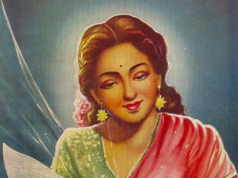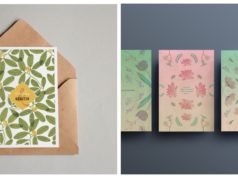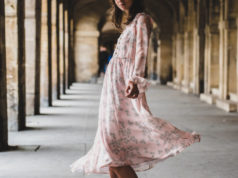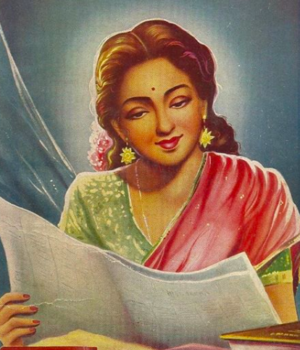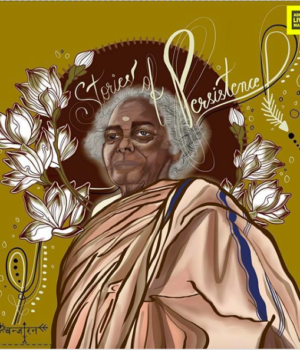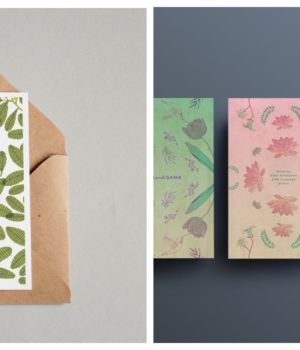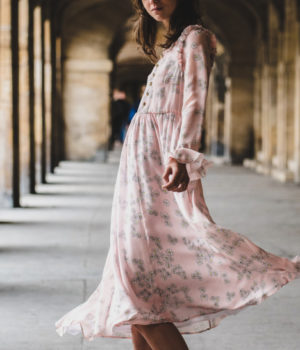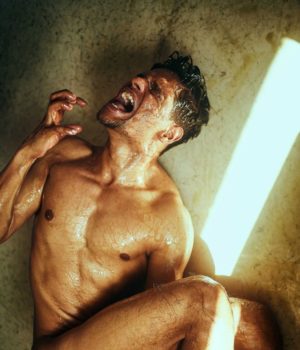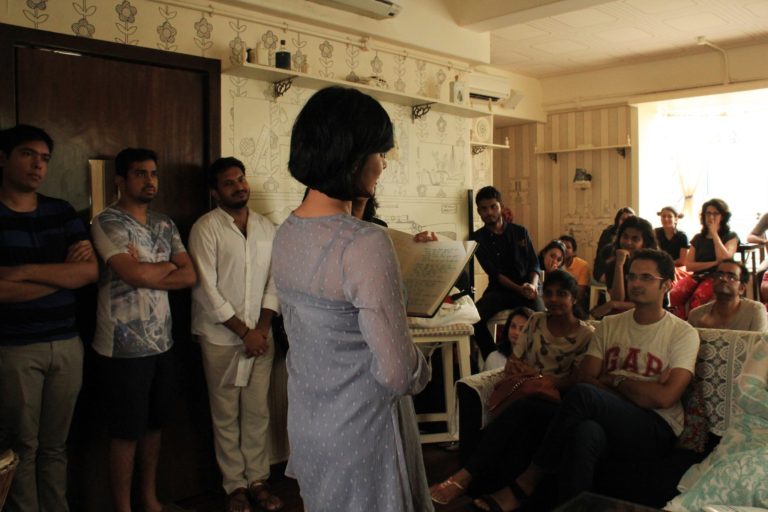
Decades after John Donne, William Carlos Williams and Langston Hughes, poetry is having a moment again, as clearly evidenced by the immense popularity of Rupi Kaur and her peers. And in India, the interest in poetry, writing poems and appreciating them, is growing too, thanks to people like Madhu Raghavendra.
Madhu Raghavendra is a poet, social activist, and art event curator. His work features in anthologies like Modern English Poetry by Younger Indians by Sahitya Akademi, 100 Poems are Not Enough by Waking BookFairs, and Map Called Home by Kitab, Singapore.
Madhu is the founder of Poetry Couture, one of India’s largest pro-bono poetry initiatives across Delhi, Mumbai, Kolkata, Jaipur, Agra, Hyderabad, and Chennai.The initiative has organized many significant events across India in cafés, colleges and public and private institutions in English, Hindi, Bengali, Tamil and Urdu. Poetry Couture also collaborates with organisations to use poetry as a tool to advocate human rights.
This poetry movement has created free spaces for poetry in many cities of India.
We chatted with Madhu about all things poetry:
When did you discover your passion for poetry?
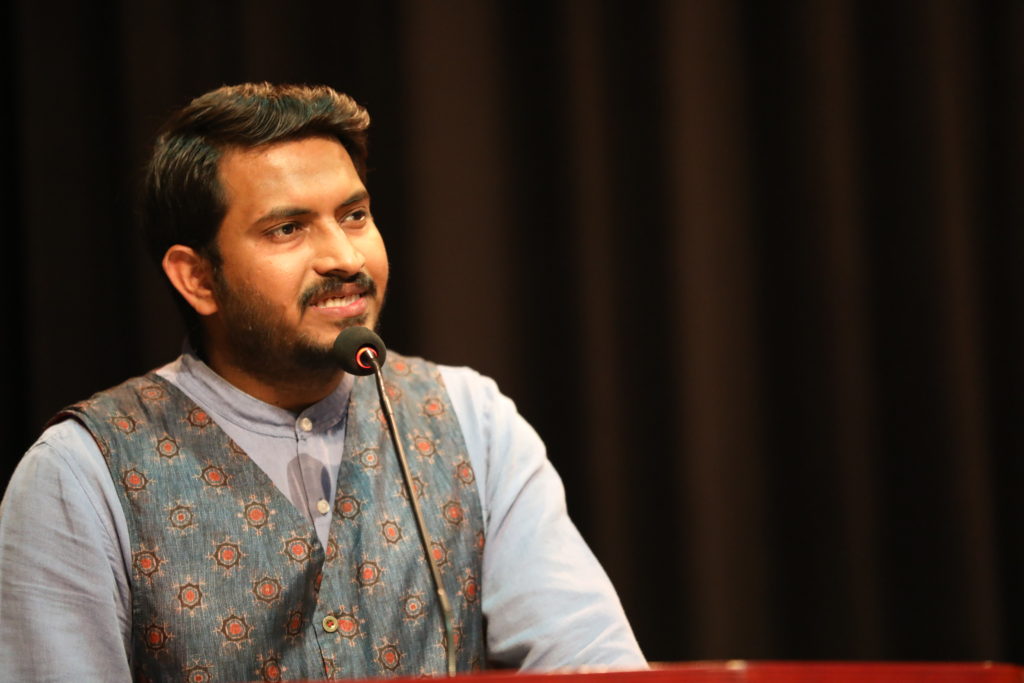
I think the love for poetry came to me naturally.
I may be naive, but I believe everyone has that one lyric, one song, verse, or couplet that they carry within themselves, even if like a vestigial organ.
Poetry is to me what religion is to a priest. I thought of poetry as a passing phase of my life in my early twenties. I hurled it and was walking away, and like a boomerang it came back and hit me hard in my head, making me artistically bruised for life. And now, poetry is an essential nutrient to the soul and leaves me yearning for more.
Why did you decide to start Poetry Couture?

It’s been four years I founded Poetry Couture. Initially, I was running the movement alongside my full time job in public health and gender. In 2016, I quit my job to curate more poetry events across the country and make it sustainable.
I tied up with the Government of Delhi to initiate poetry readings in Hindi to adolescents of Juvenile Justice Homes. Some of these children had violent or self-harm histories, and came from the lower economic strata or slums of Delhi. They were overwhelmed to listen to poetry (mostly free verse or slam) first time in their lives. I collaborated with other musicians and storytellers and did ‘imagination’ workshops with these kids, which made them extremely happy.
It was heartening to see them realise that they could grow up to be poets, musicians or artists. I have regularly collaborated with the American Libraries across India and curated poetry events on environment, gender, and globalization.
What was the feedback like?
The motivation kept increasing with more and more people getting associated with the Poetry Couture movement and giving me feedback about how they felt reciting their poems for the first time.
The beginning of Poetry Couture in one of Delhi’s cafe was about the love for poetry, but building it from there to the poetic grandiosity it has become today has to do more with entrepreneurship than poetry.
How did Poetry Couture become one of India’s largest poetry initiatives?
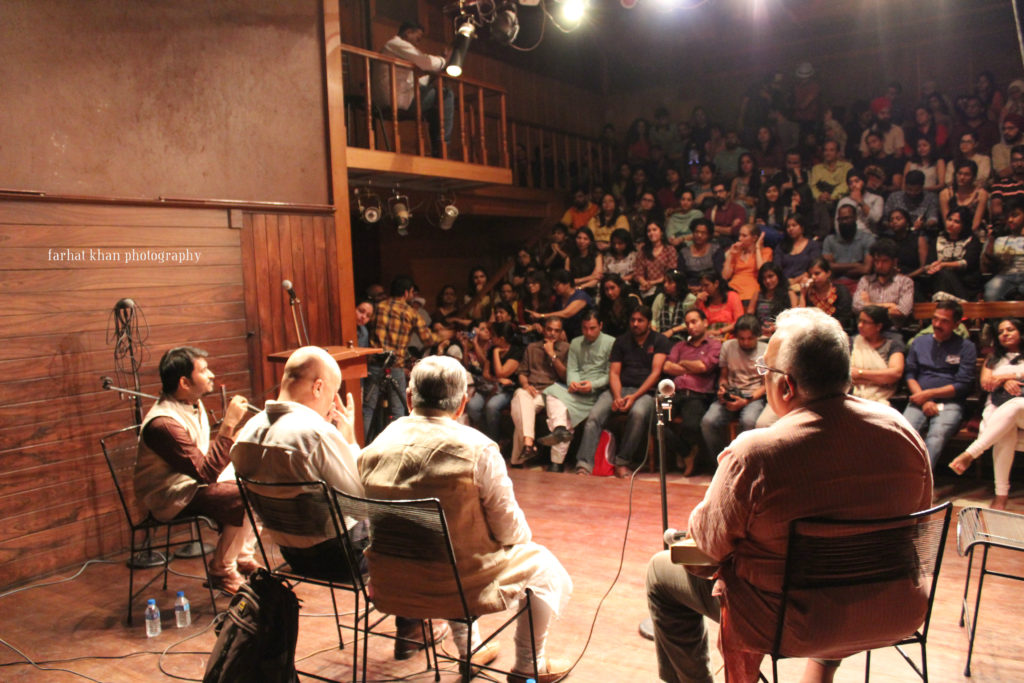
Performing poetry in the past few decades, even as a part of the sub-culture, was almost missing. The pan India performance poetry scene in India started around five years ago. Today one could walk into a cafe, cultural centre or any social space and talk of performance poetry events to be organized. One can find poetry evenings around the city. This was a daunting culture to build at a time when one did not know what a spoken word event would constitute.
Since the time I started Poetry Couture, I have been building the brand though networking and social-entrepreneurship skills. I have guided younger college students to start their own initiatives. I have used my time curating poetry events, linking arts to social issues. I have also identified partner organizations in the area of women’s rights advocacy, education and public health, to explore opportunities for advocacy through spoken-word poetry.
It has been a tough time in the beginning, writing emails, making calls, trying to convince people to give their spaces, cafes, co-working spaces, government and private galleries. The idea was to create free art spaces in the city for slam and performance poetry.
And it did pay off. Poetry Couture started getting noticed and lauded in newspapers, online magazines as one of the pan-India initiatives. Today one could search online for poetry initiatives and immediately come across the work done by Poetry Couture.
Who are some poets we should be reading and perhaps aren’t?

I have seen aspiring poets easily get fascinated by the western poets. They are fascinating each one of them be it Rilke or Bukowski.
Regional Indian poetry is fascinating as well. I would love if an aspiring poet from Chennai reads Mamang Dai from Arunachal, or a young poet from Tripura reads A K Ramanujan. There are good translations available and internet is a good place to begin. India is beautifully diverse and we need to read poetry from different cultures and tribes of our own. I am currently following the poetry of Bhasha Samman Awardee Kokborok poet Chandrakant Murasingh from Tripura.
We could all use a little more poetry in our lives, so to learn more about Poetry Couture and keep track of poetry events near you by following this initiative on Facebook.
Interview by Pavi Sagar
Images Credit: Poetry Couture

